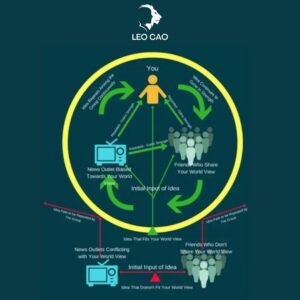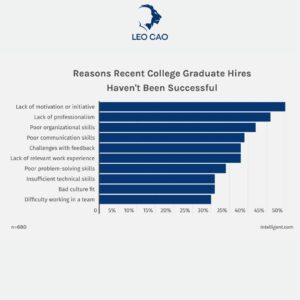
Many conflicts arise because people treat relationships and interactions like a single-round, zero-sum game, where each party tries to optimize their own gain at the expense of the other. This leads to adversarial tactics.
However, the key to better outcomes is to think long-term and view interactions as multi-stage games where reputation and cooperation matter. In this approach, decisions are spaced out over time, and past actions influence future behavior. As players become aware of each other’s actions, they move toward more cooperative strategies.
For example, Costco has built a reputation for great customer service, even though some people abuse its return policy. However, Costco’s long-term strategy of prioritizing customer satisfaction pays off in the form of loyal, sustainable customers. They do track repeat offenders and drop members who engage in adversarial behavior.
In the investment world, Berkshire Hathaway plays long-term games. Instead of focusing on short-term gains, they focus on multi-stage deals that ensure mutual, long-term benefits for all parties. Contrast this with the behavior of investment banking or IPO dealmakers, who often optimize for one-time profits with little regard for the long-term success of the business.
By framing life as a multi-decade game, we make better choices, especially when collaborating with people who are also in it for the long haul. In a long-term game, the incentive is cooperation, mutual benefit, and reputation.
Life is short—50 years might be all we have in the optimal scenario—so choose to play the long-term game with long-term people.






